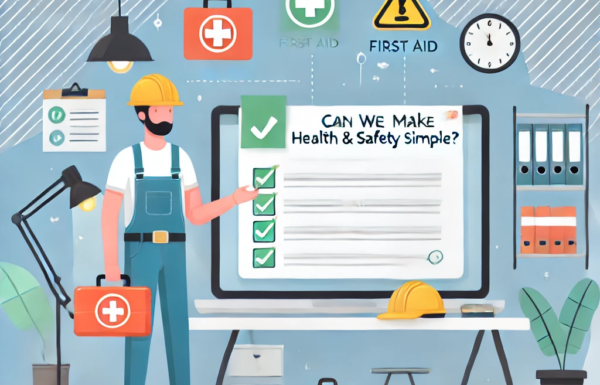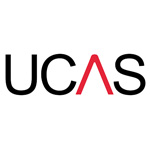
Myth Busting – Debunking the confusion around attaining ISO standards.
The following is a hypothetical situation.
Have you been told something like this?
“Our company wishes to attain the ISO Standards for Environmental, Health & Safety and Quality Management to demonstrate our commitment to continual improvement. We have however been told by a Consultant that we must be certified to attain the ISO Standards”
Is that correct?
What do you think?
Well, In a word, NO.
Certification is not compulsory. Any organization that wishes to demonstrate conformity with an ISO standard may do so by:
- Making a self-determination and self-declaration, or
- Seeking confirmation of its conformance by parties having an interest in the organization, such as customers, or
- Seeking confirmation of its self-declaration by a party external to the organization, or
- Seeking certification/registration of its environmental management system by an external organization.
Ref: ISO Website – https://committee.iso.org/sites/tc207sc1/home/projects/published/iso-14001—environmental-manage/iso-14001-recognition.html
There are many reasons for attaining International Standards, and different routes to demonstrating conformity.
Some of the drivers may be:
- Contract bids that define a management system as conditional
- Demonstration to your customers the commitment to continually improve
- Benchmark your organisation against an internationally recognised model
Some of the blockers may be:
- Cost of 3rd party certification or registration
- A lack of understanding from your customers that certification is not necessarily a requirement to attain an ISO Standard
- The refusal of others to accept an ISO Standard that has been self declared as valid
Remember – ISO clearly state that there are 4 possible routes to demonstrate conformity to an ISO Standard. You should not be barred from submitting an ISO Standard as evidence by using any of the first 3 models.
Its clear that major organisations would like to see a company utilising an ISO Standard qualified by certification or registration, but it is not a requirement of ISO to do so. In addition, ISO Standards are not a legal requirement
Check out the ISO website for yourself – it’s the facts.
If you have any concerns or questions around this, please call our team of experts on 01242 323864.



























